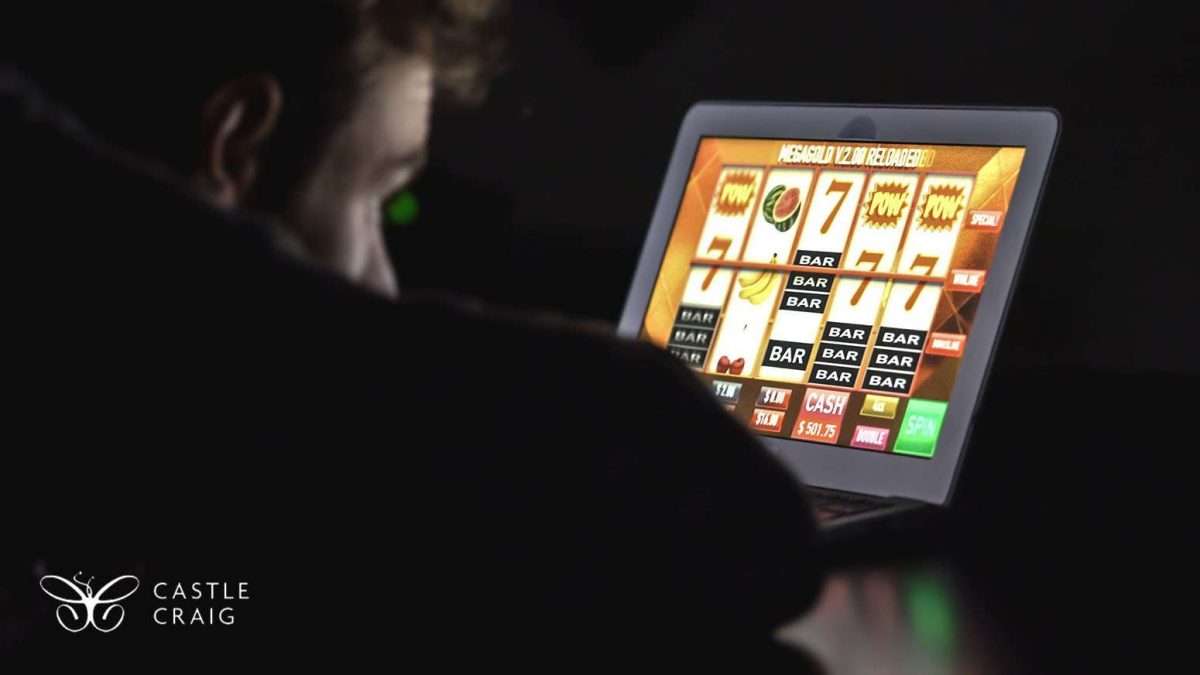Online Gambling vs Casino Gambling
In 1996 the first-ever real-stakes online casino was launched. Now there are thousands of gambling sites, and millions of gamblers place their bets and participate in the world of online gambling.
8 Reasons Why Online Gambling Is More Addictive Than Casino Gambling
1. Online Gambling Is Available 24/7
There is endless opportunity to gamble online. With no opening hours to worry about and no ID checks, anyone can gamble online at any time of the day or night, no matter who or where they are. It feels easy and convenient to do so, and as a result, there is often less of a sense that it could become a problem.
2. Gambling Online Can Be Undetected
If you’re visiting a casino or betting shop multiple times a day, friends, family, and colleagues will start to notice.
It will be taking you away from work and relationships, and become very obvious where you are focusing time and priorities.
In contrast, it’s much easier to participate in online gambling without it initially becoming disruptive to your lifestyle.
As a result, it can seem less of a problem and you can ‘fly under the radar’.
Online gambling makes it much harder for others to tell how much time and money someone is spending on gambling, so it is less easy to identify a problem and offer support.
Some surveys have found that compared to those who visit physical casinos, online problem gamblers are significantly less likely to have sought formal help.
3. It’s Easy to Access
Because people don’t have to physically enter a gambling venue to be able to place a bet or gamble, that barrier to participation has been removed.
It doesn’t take up additional time, and there’s little physical effort to be made.
You simply log on via your phone or computer, and you can gamble. Your device becomes the casino, and it’s always in your pocket and ready to be played.
A study of the popularity of online gambling by Wood et al. (2007) said that the convenience, comfort and ease of internet gambling are major factors that make it so compelling.
4. Online Gambling Lures You In
Online gambling platforms tempt gamblers to come back for more, through the use of promotions and incentives, such as free bets to newcomers.
Many gambling websites offer practice or demo sessions where a person can take part in the gambling activity for free, and practise without staking any money.
The odds are sometimes lowered, and most of the time, the gambler will win.
They get that dopamine hit, feel confident, and decide to take part more, as the thrill of winning is compelling and satisfying.
5. Online Gambling Is Controlled by Robots
Once newcomers have signed up, the complex algorithms that give the house the advantage kick in, and the chances of winning are vastly diminished.
But by this point, the gambler is invested and hooked.
Of course, in casino gambling, the odds are also in favour of the house, but the difference with online gambling is that you are playing against a ‘bot’ or robot, so the game is often rigged in subtle ways.
6. It Doesn’t Involve Cash
When you gamble in a casino you tend to use cash. But online, you simply add a credit card and keep charging payments to it.
Without the physical presence of notes and coins, it can be easy to ignore what you are spending. The losses won’t seem so great.
This means that it is easier to lose large sums of money very quickly, and not really register.
Gambling in itself is a major problem, but so are the associated problems of debt, job loss, and other addictions that come with it.
Many online gambling sites also allow people to bet just a few pennies to start with, which can lure them in before they start spending bigger amounts.
On the internet, bets are often smaller and may thus seem far more affordable than gambling at a casino, but the amounts being bet can quickly accumulate.
It just takes a click to access a bank account or credit card, making it much easier to chase losses and bet on impulse.
7. Online Gambling Is Anonymous
Casinos have age limit laws, and in some places will not let someone who is overly intoxicated place a bet.
Internet gambling sites provide little in the way of gatekeeping.
Online it’s easier for someone to set up an account and avatar, lie about their age, and start gambling.
As well as being able to have a fake profile, you’re not engaging with real people, and no one sees you.
This might mean that the shame which comes from regular gambling in person will be diminished.
Being in a ‘disinhibited environment’ can mean that more money is gambled.
It’s also a way for vulnerable individuals to participate in something they may already have an issue with, but go undetected.
Problem gamblers who have voluntarily excluded themselves from physical casinos are likely to be able to gain access to gambling via the internet if they so wish.
8. Online Gambling Builds on Psychological Cues
This article has been approved by Chris Burn, MA, Addiction Recovery Consultant and Author of Poetry Changes Lives and The Fun We Had.[/caption]
Like video games, online gambling sites use clever techniques to appeal to gamblers.
There are increased levels of gratification compared to casino gambling, using tricks that trigger instincts of competition, motivation, exploration, and curiosity.
Whether it’s bright lights or complex feedback loops, they use psychological cues to attract online gamblers and keep them coming back for more.
Any form of gambling can be dangerous when it becomes a compulsion and addiction.
Gambling addiction goes far beyond having a flutter and placing a few bets; it often results in a breakdown of health, relationships, and jobs.
Suicide rates for gamblers are higher than for any other addiction.
Online gambling offers a different experience to casino gambling due to its accessibility, anonymity, and under-the-radar approach.
Combine that with the seductive manipulation produced by sophisticated algorithms, and the result is a highly dangerous activity that has dire consequences for many.
Unfortunately for the many people who become addicted, it seems online gambling is here to stay, especially in the US and Europe.
More regulation and education from Governments would help but this will do little to help those who are already addicted.



